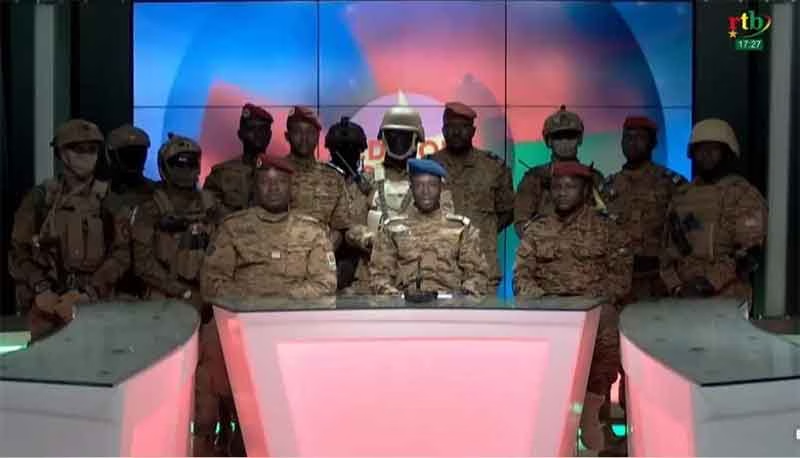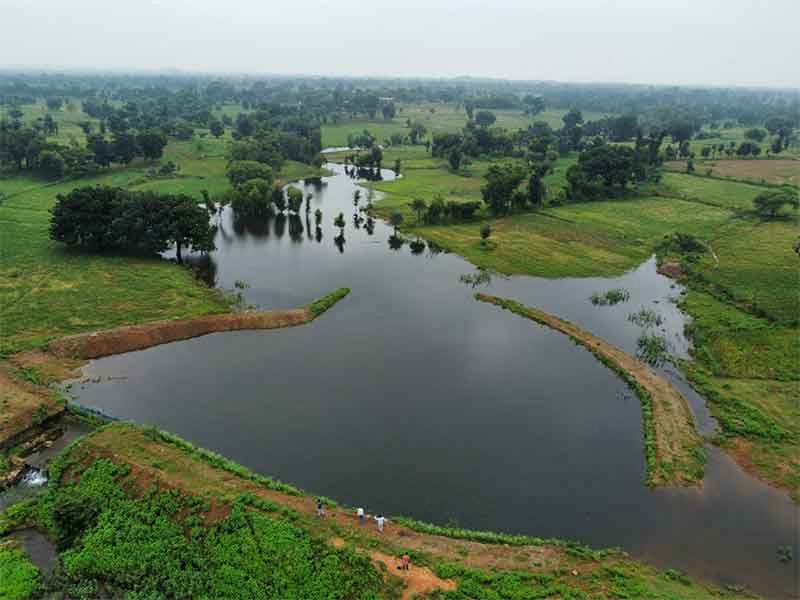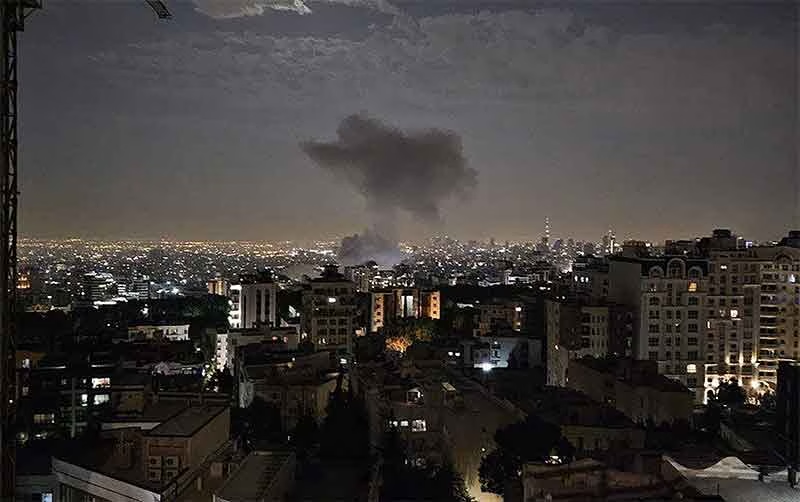
A recent coup attempt in Burkina Faso has caused much concern, coming as it did on top of several other coups and coup attempts in recent times in the wider Sahel region comprising Burkina Faso and nine other African countries. According to some observers this coup attempt may have been related to the nationalization of some gold mines in Burkina Faso and likelihood of more such initiatives in future, hurting western mining interests. For the record, the licensing of one mine to Russia has also been announced very recently.
Burkina Faso and other countries of the Sahel region share one paradox—that of high levels of poverty existing side by side of highly valued mineral wealth. Burkina Faso has huge deposits of gold and to a lesser extent of diamonds, zinc, copper, manganese, phosphate and limestone. However several people feel that the patterns of mineral exploitation have contributed to the perpetuation of poverty.
Gold is the most valued mineral here. The small-scale mining activities have been increasingly replaced by industrial mining. A huge part of the country has been allocated for this mining and for exploration of more deposits. As a result people are increasingly displaced from their traditional livelihoods based on farming and livestock, and sometimes even from their traditional homes. The compensation payments provided are not adequate for rehabilitation, and when these are exhausted, traditional livelihoods also do not exist and there are few openings for local labor in industrial mechanized mining, poverty and unemployment can increase further.
In addition mining practices including extensive dynamiting of rocks lead to dust pollution and respiratory diseases, apart from damaging houses in nearby areas. Many water sources get contaminated too.
In the entire Sahel region there have been several complaints of companies from former colonial powers like France and their allies cornering much of the mining profits and precious minerals like uranium being sold to them at very low price (Niger in particular is a big supplier of uranium). However in more recent times Niger, Chad and Burkina Faso in particular have moved towards greater control over their mining resources.
In the aftermath of the latest coup attempt in Burkina Faso in April 2025 there were allegations that the new military ruler who is trying to challenge such neo-colonial exploitation of mineral wealth was targeted by those who wish to continue this exploitation. However to give the other side there was another narrative also in which the new military rule was blamed for corruption related to gold mining.
There have been coups upon coups in the Sahel region, and it is not always easy to judge the real intentions of new rulers in a short time.
However if some of the new rulers try to forge unity to together check neo-colonial exploitation then of course this aspects should be welcomed and supported.
At the same time military rule cannot be glorified for long and once things settle down, there should be sincere moves towards democracy and elections.
Sahel region governments should also give adequate attention to improving humanitarian help as serious humanitarian crises exist in many parts of the region. This should get very happy priority.
Secondly, mining practices should change keeping in view local needs. Proper price should be obtained for minerals, and most of the benefits should be passed on to the people. The technology used should be in keeping with local needs instead of being so heavily mechanized that local people do not get any jobs. The expansion of mining should not mean that traditional livelihoods based on farming are neglected. Efforts to increase staple food production in healthy and sustainable ways should also get high priority. The new rulers will be judged by the extent to which they can bring such real benefits to people.
The Sahel region has sometimes been defined in different ways. If we use the more extensive definition used by the United Nations Integrated Strategy for the Sahel (UNISS), then 10 countries are included in this region—Senegal, Gambia, Mauritania, Guinea, Mali, Burkina Faso, Niger, Chad, Cameroon and Nigeria. The UNISS has a support program based on governance, resilience and security.
Subscribe to Our Newsletter
Get the latest CounterCurrents updates delivered straight to your inbox.
The Sahel region has been in the news for famine and near famine conditions several times. These have been blamed among other things also on highly flawed and distorted development priorities and policies. Hence several important correctives and remedial actions have been overdue and these in turn need more open democratic conditions. Hence both people’s wider regional unity against neo-colonial exploitation as well as sincere reforms towards genuine democracy are needed in the Sahel region.
Bharat Dogra is Honorary Convener, Campaign to Save Earth Now. His recent books include Protecting Earth for Children, Planet in Peril, Earth without Borders. A Day in 2071 and Man over Machine.














































